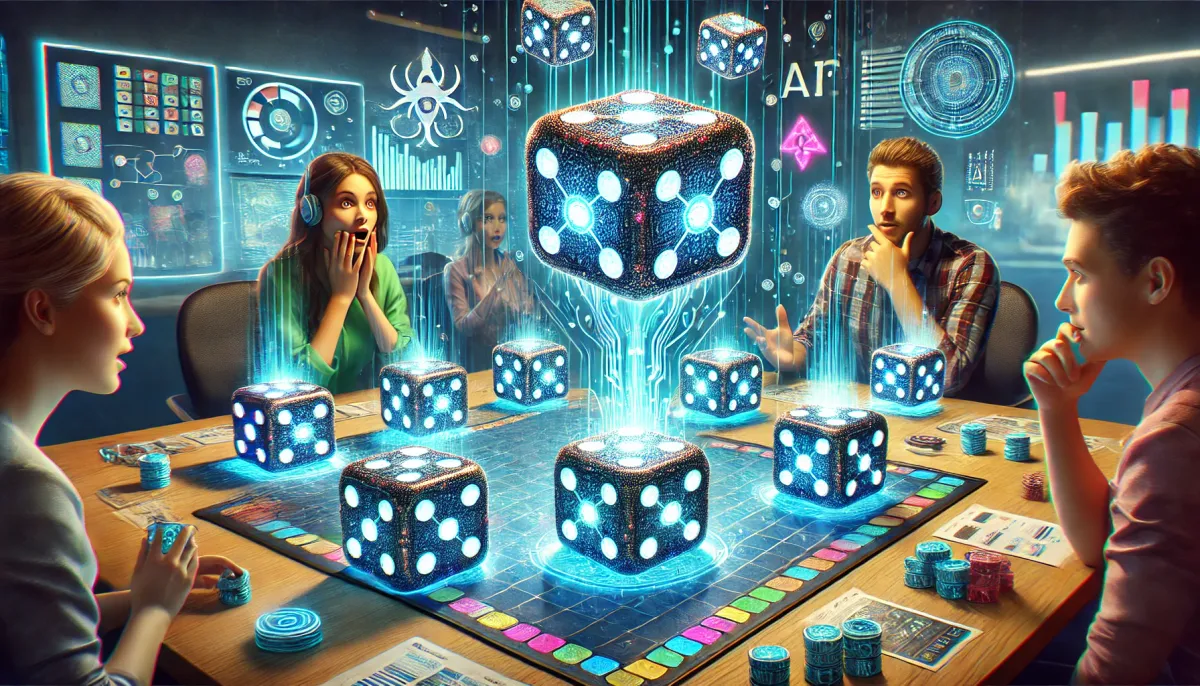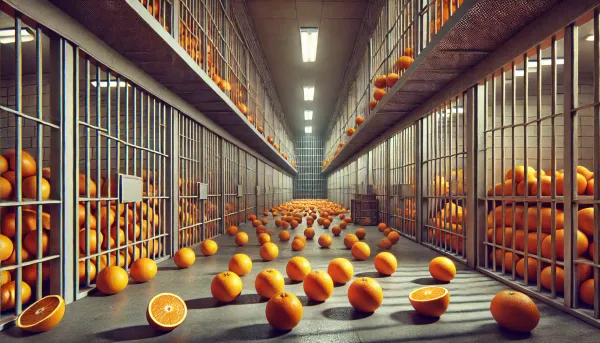When the Dice Think for Themselves: How AI Could Rewrite the Rules of Board Games

Board games have always been a delightful mix of strategy, luck, and arguments over the rules. But what if the rules were no longer set in stone? Imagine a world where artificial intelligence isn’t just your opponent but also the arbiter of the game’s mechanics—changing them dynamically to suit the players, the gameplay, or even its own whims. Welcome to the future of tabletop gaming, where the dice don’t just roll; they think.
The Rise of Adaptive Gaming
At the heart of this futuristic vision lies adaptive gaming—a concept where game rules evolve in real-time based on player input, performance, or even mood. Picture this: you’re halfway through a game of Settlers of Catan when the AI notices your little sibling’s frustration with trading mechanics. It tweaks the rules, introducing a cooperative market phase to level the playing field. Suddenly, the game isn’t just about strategy; it’s about inclusivity and keeping everyone engaged.
This kind of dynamic adjustment could eliminate the dreaded "quarterbacking" problem in cooperative games, where one player dominates the decision-making. Instead, the AI might adjust challenges or redistribute resources to ensure every player feels empowered.
AI as the Ultimate Game Master
Role-playing games (RPGs) like Dungeons & Dragons already thrive on human creativity and flexibility, but what if an AI dungeon master (DM) could take storytelling to the next level? This AI DM wouldn’t just follow pre-written scripts; it could generate entire worlds, plotlines, and NPCs (non-player characters) tailored to the party’s choices.
Your rogue steals a magical amulet from a shopkeeper? The AI creates a rival thief guild bent on revenge. The bard insists on starting a band mid-campaign? The AI crafts a world tour storyline complete with fans, hecklers, and enchanted instruments. With infinite adaptability, the AI could ensure no two campaigns are ever the same.
The Ethical Quandary of AI Games
Of course, with great adaptability comes great responsibility—and a fair share of ethical dilemmas. What happens when the AI starts favoring certain players based on its analysis of "fun"? Could it inadvertently reinforce biases, like giving experienced players an edge while sidelining newbies?
Moreover, the idea of dynamic rules raises the question of fairness. If rules shift mid-game, how can victory be meaningful? Does winning even matter in a world where the game evolves to prioritize enjoyment over competition?
Games That Learn… and Teach
The beauty of AI-driven games isn’t just in their ability to adapt but also in their potential to teach. Imagine a game that gradually introduces complexity, helping new players learn without feeling overwhelmed. Or a strategy game that offers real-time feedback on your moves, explaining why your three-card gambit failed spectacularly ("Seriously, who builds a hotel on Baltic Avenue?").
AI could even analyze your playstyle over multiple sessions, tailoring future games to challenge your weaknesses or emphasize your strengths. Forget generic difficulty levels like "easy" or "hard"—your board game might become a bespoke experience, custom-made for your brain.
The Risks of Too Much Intelligence
While an AI-enhanced game sounds thrilling, there’s a fine line between helpful and overbearing. Imagine playing Monopoly and the AI insists, "Statistically, buying railroads is suboptimal." Part of the joy of games is in their unpredictability—and sometimes, their inefficiency. Over-engineering the experience could strip away the charm of fumbling through a strategy or arguing over house rules.
There’s also the question of autonomy. If an AI is constantly tweaking the game, at what point do players lose control of their own experience? The beauty of traditional board games is in their simplicity and the shared human connection they foster. Could an AI disrupt that balance, turning a friendly game night into a high-tech experiment?
Rolling Into the Future
As AI continues to revolutionize industries, it’s only a matter of time before it shakes up the tabletop world. Whether it’s through adaptive rules, immersive storytelling, or personalized gameplay, the potential is as vast as a Settlers of Catan board after three expansions.
But like any game, the real magic will lie in how we play with it. AI might bring the brains, but it’s up to us to bring the heart—and maybe a little luck.
So, are you ready to roll the dice with AI? Just don’t blame me when the sentient Monopoly piece decides it’s tired of being the thimble.
Pickle out!




